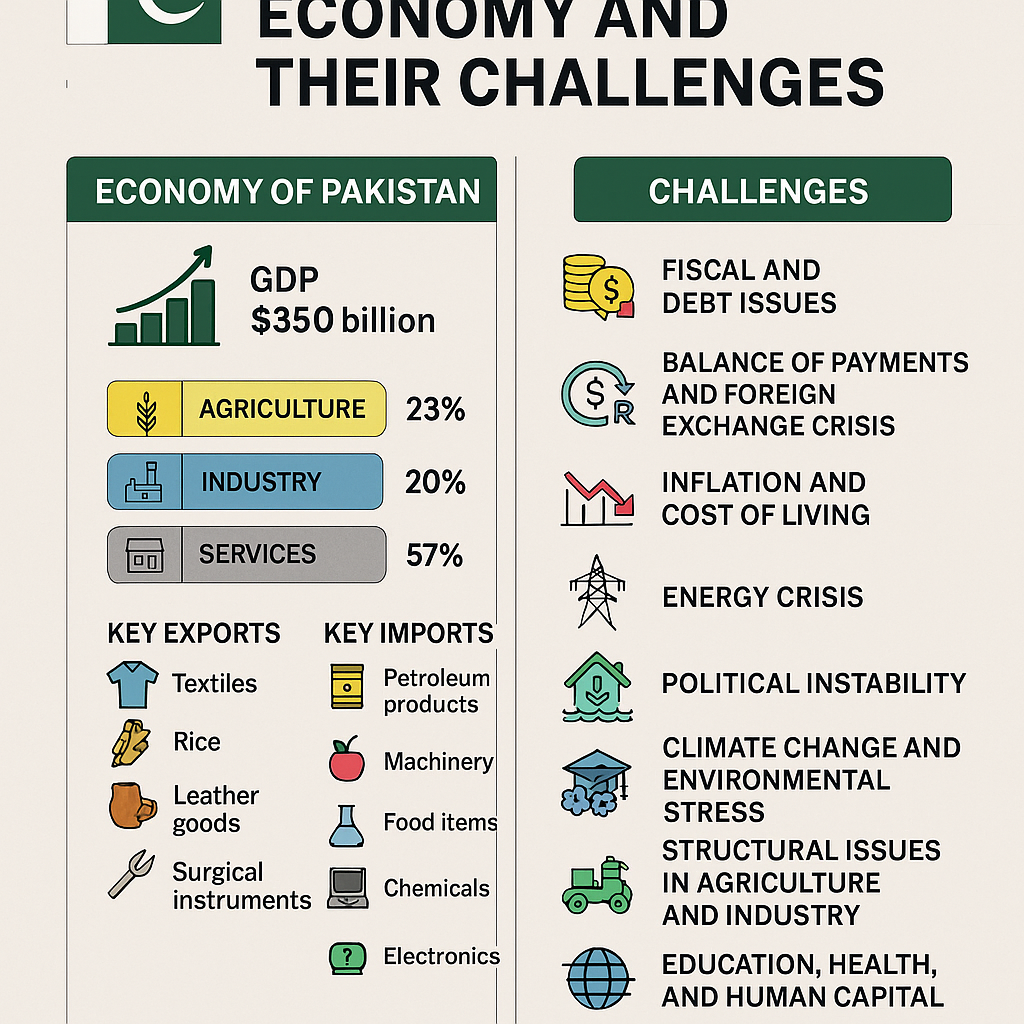Keywords: SMEs in Pakistan, small businesses reforms, SME policy Pakistan, business growth Pakistan, SME financing
📌 Introduction
Small and Medium Enterprises (SMEs) are the backbone of Pakistan’s economy, accounting for nearly 40% of GDP, 80% of non-agricultural employment, and 25% of export earnings. Yet, they face chronic challenges—limited financing, regulatory burdens, and lack of technological adoption. To unlock their full potential, strategic reforms are needed at both policy and ground levels.
🔍 Why Focus on SMEs?
SMEs are essential for:
- Job creation
- Innovation and local manufacturing
- Inclusive regional development
- Export diversification
But most SMEs in Pakistan remain informal and struggle to grow due to access barriers, regulatory complexity, and lack of capacity building.
🛠️ Top Reforms to Empower SMEs
- ✅ 1. Simplify Business Registration
Streamline the process through one-window digital portals, reducing paperwork and eliminating in-person bureaucracy.
🗂 Example: Integration of SECP, FBR, and provincial authorities into one unified platform can cut setup time from weeks to days.
- ✅ 2. Improve Access to Finance
Enable credit scoring using alternative data (e.g., utility bills, mobile usage), and expand collateral-free lending.
- Expand SBP’s Refinance Schemes
- Promote microfinance banks and fintechs targeting SMEs
- Increase use of credit guarantee funds
- ✅ 3. Tax Incentives and Fair Policies
Design tax policies that don’t overburden small businesses. Offer:
✅ 4. Enhance Skill Development
Establish SME-focused training programs in digital marketing, bookkeeping, supply chain, and export readiness.
🎓 Partner with universities and chambers of commerce to deliver practical, region-specific training.
✅ 5. Promote Digitalization
Support SMEs in adopting e-commerce platforms, digital payments, and management software.
- Offer grants or tax credits for digitization
- Launch awareness programs on benefits of tech adoption
✅ 6. Strengthen SME Clusters and Supply Chains
Develop industrial clusters and co-working zones to improve competitiveness and economies of scale.
🏭 Industrial zones with shared logistics, warehousing, and power supply reduce costs and improve output quality.
✅ 7. Improve Legal and Regulatory Support
Create legal advisory units or ombudsman offices to help SMEs navigate disputes, contracts, and compliance.
📈 Potential Impact of Reforms
If properly implemented, SME reforms can:
- Boost GDP growth
- Expand formal employment
- Improve export diversity
- Raise Pakistan’s Ease of Doing Business ranking
📢 Final Thoughts
Empowering Pakistan’s SMEs is not just an economic necessity—it’s a path to inclusive and sustainable growth. Through better financing, simplified regulations, digital empowerment, and training, SMEs can transform into powerful engines of development.
🔎 Suggested Readings • How Digital Payments Can Transform Pakistan’s Economy
• Understanding the Undocumented Economy in Pakistan
• The Role of FBR in Expanding Pakistan’s Tax Net
Lorem ipsum dolor sit amet, consectetur adipiscing elit. Ut elit tellus, luctus nec ullamcorper mattis, pulvinar dapibus leo.
Lorem ipsum dolor sit amet, consectetur adipiscing elit. Ut elit tellus, luctus nec ullamcorper mattis, pulvinar dapibus leo.
Lorem ipsum dolor sit amet, consectetur adipiscing elit. Ut elit tellus, luctus nec ullamcorper mattis, pulvinar dapibus leo.


